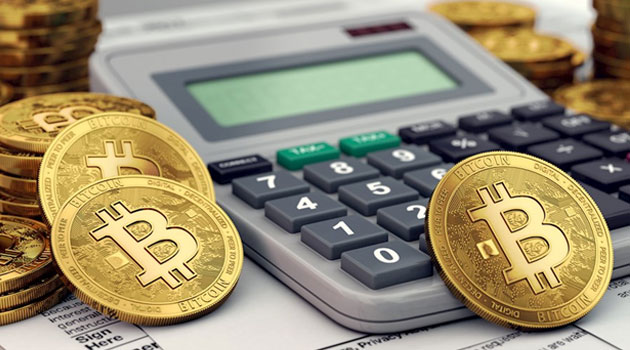The Kenya Revenue Authority (KRA) has been trying to push the Central Bank of Kenya (CBK) to recognize crypto-assets for revenue collection and, as a result, regulate cryptocurrencies like bitcoin. However, the CBK remains determined not to acknowledge crypto due to its anonymous nature and risks.
A digital marketplace like Yuan pay app, allows direct interaction between the buyer and seller of services and goods by electronic means. Many platforms allow you to earn cryptocurrency. According to the Kenya Revenue Authority (KRA), cryptocurrency platforms fall under the “digital marketplace” since they act as a platform between buyers and sellers of crypto assets through electronic means.
Finance Act 2020
This Act was first announced in August 2020 as “Finance Act 2020”. There were many financial regulation changes; those changes are exciting about the digital marketplace and also made a great impact on the digital financial behavior in Kenya. This act was proposed in 2020 but it was applicable in 2021.
Announcement of Digital Service Tax (DST)
This Act introduced Digital Service Tax (DST) posted on Twitter by the Kenya Revenue Authority. It was vehemently opposed by the Kenyans who worked in some digital marketplace. The DST acted as a double-edged sword for the people interested in digital currency exchange services.
They opposed it because they would have to pay taxes, which they did not pay before on the digital marketplace use. They supported it because it brought a new hope that the Central Bank of Kenya (CBK) may recognize the crypto. It may be regulated in Kenya in the coming future.
Amount of Tax
According to Finance Act 2020, which finally took effect on 1 January 2021, the Digital Currency Exchange working in Kenya would now have to pay 1.5% tax.
According to a commissioner of the domestic taxes department at the KRA RispahSimiyu, in the East African Country, the tax is an appropriate response to the growth of the digital marketplace.
She added that DST would earn $45.5 million in revenue to the nascent sector’s Kenyan government. Simiyu also represented a “remarkable step for Kenya” in her recent op-ed article as: “The increasingly digital marketplace is a promising platform for revenue generation, and realignment of tax collection mechanisms is of urgent necessity. It provides an avenue for multinationals to contribute to the country’s growth where they derive their income. This will strengthen the moral business case for international commerce as practiced in Kenya.”
A KRA official addressing a public question and answer session about how the Act is about to affect the digital currencies said: “The World is getting more digital. We now have digital wallets. As the law is, any person who will be offering a digital service – crypto is digital; the platform is digital, the acquisition process is digital, the process of payment is digital – in that respect, DST will be applicable on cryptocurrencies.”
Will DST result in the regulation of Crypto in Kenya?
DST tax applied on digital currencies like crypto also gives hope for the people using such platforms that the government may recognize the digital currencies in the near future and crypto may regulate in Kenya.
However, it does not mean that the government cannot tax the industry with the lack of legal recognition. This has been a significant concern of digital marketplace users since the day act 2020 was announced. Local firms also have an option to take back their Digital Service Tax (DST) within the Kenyan jurisdiction by the end of the year because they pay taxes in other forms as well.



































